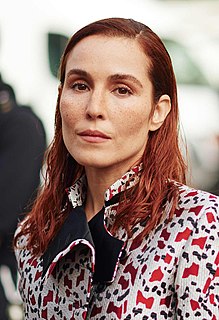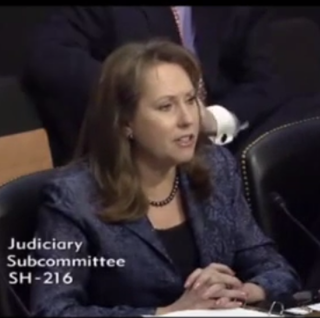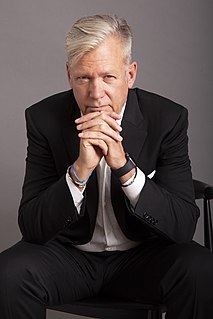A Quote by Noomi Rapace
Related Quotes
Being a victim doesn't take much. There are built-in excuses for failure. Built-in excuses for being miserable. Built-in excuses for being angry all the time. No reason to trying to be happy; it's not possible. You're a victim. Victim of what? Well, you're a victim of derision. Well, you're a victim of America. You're a victim of America's past, or you're a victim of religion. You're a victim of bigotry, of homophobia, whatever. You're a victim of something. The Democrats got one for you. If you want to be a victim, call 'em up.
When you're a victim, you automatically have a built-in excuse for failure. When you are a victim, it's always somebody else's fault. When you're a victim, success is not possible. When you are a victim of something, you are acknowledging that you are as far as you're gonna get, and you can't get any further, because there are more powerful forces arrayed against you than the force of yourself against it.
They attack the victim, and then the criminal who attacked the victim accuses the victim of attacking him. This is American justice. This is American democracy and those of you who are familiar with it know that in America democracy is hypocrisy. Now, if I’m wrong, put me in jail; but if you can’t prove that democracy is not hypocrisy, then don’t put your hands on me.
In the cosmology behind psychology, there is no reason for anyone to be here or to do anything... I'am an accident - a result - and therefore a victim... if I'm only a result of past causes, then I'm a victim of those past causes.... or, if you look at it from the sociological perspective, I'm the result of upbringing, class, race, gender, social prejudices, and economics. So I'm a victim again. A result .
The main difference is, in 'Cold Case,' the victim sometimes had been dead for decades - you didn't have the advantage of being able to interview the victim. You had to piece together the circumstances surrounding the crime from witnesses and other evidence. 'SVU' is much more immediate in that you can talk to the victim.



































